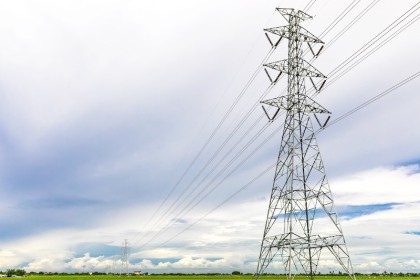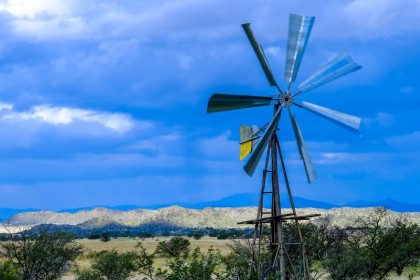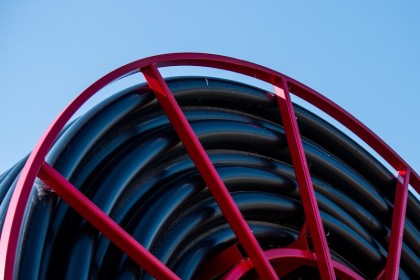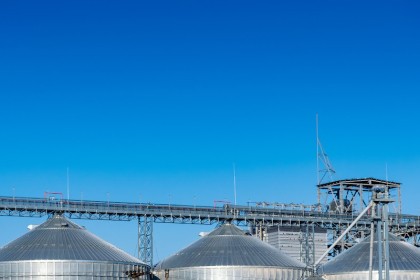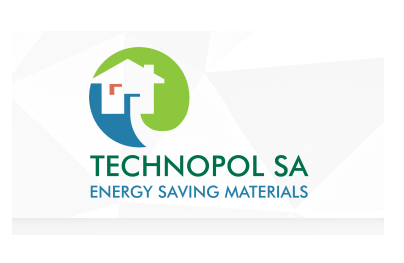
Eco-Friendly Insulation for Agriculture
The effect that temperature has on living things is undeniable and fluctuation in the climate forces agricultural professionals to seek a way of stabilising this. When plants reach temperatures of between 50 and 100 degrees Celsius internally, the cell walls rupture and the cell proteins coagulate. In laymen’s terms, plants are damaged by the heat.
Where South African summers reach temperatures of up to 40 degrees Celsius in certain places, cold insulation is crucial to the success of our agriculture.
Thermal Control
Thermal control in architecture allows you to avoid the complication whereby fruits and vegetables get damaged by fluctuating temperatures. By providing a space that will not overheat, damage to the plants is prevented. Plants need to be grown, harvested, handled, transported and stored within a controlled environment to ensure they are fresh and suitable for consumption.
Agricultural animals are also at risk of overheating and their space often needs the same treatments to keep it cool. Insulation materials along with thermal design create a comfortably cool environment for plants and animals. Thanks to recent innovations, these insulation materials are eco-friendly and cost-effective.
EPS by Technopol SA
Technopol SA is a company that provides what are known as Environmentally Friendly Structures that take the form of expanded polystyrene foam called EPS; this controls temperatures during agricultural practices. The structures have reduced the energy consumption of temperature-controlled livestock by a whopping 60 per cent. This not only reduces the carbon footprint of agricultural practices but creates a more cost-effective way of raising livestock in Africa’s hot climate.
EPS is 98 per cent air, making it lightweight and easy to install. It is also moisture resistant and it increases the water penetration resistance of the structures. EPS is 100 per cent recyclable, further reducing the carbon footprint of the agricultural structures which make use of the material for insulation.
The application of EPS in agricultural structures is widely favoured due to the fact that is it flame retardant, durable, non-toxic as well as easy to mould into virtually any shape and it can be painted.
The possibilities for EPS as cold storage and as environmentally friendly structures are virtually endless. It has already been successfully implemented in the following environments:
- Chicken houses
- Piggeries
- Warehouses
- Farm sheds
- Hangers
How will you make use of this industry changing innovation in your agricultural products?







